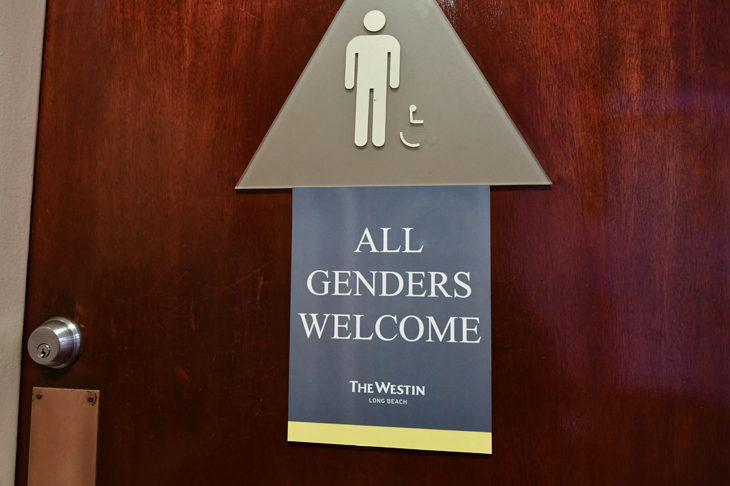The word ‘they’ has two legitimate uses and one illegitimate use. The first proper and legitimate use is as the subjective case of the third person plural pronoun – that is, to refer to a bunch of people. The second is as a singular pronoun in cases where it is impossible to know the gender of the person referred to, for example: ‘If someone wins the lottery they should…’ In such cases, and only in such cases, it is proper to use ‘they’ just as ‘you’ has been employed for centuries – covering both singular and plural.
Already a subscriber? Log in
Subscribe for just $2 a week
Try a month of The Spectator Australia absolutely free and without commitment. Not only that but – if you choose to continue – you’ll pay just $2 a week for your first year.
- Unlimited access to spectator.com.au and app
- The weekly edition on the Spectator Australia app
- Spectator podcasts and newsletters
- Full access to spectator.co.uk
Unlock this article
Contact Kel at ozwords.com.au
You might disagree with half of it, but you’ll enjoy reading all of it. Try your first month for free, then just $2 a week for the remainder of your first year.














Comments
Don't miss out
Join the conversation with other Spectator Australia readers. Subscribe to leave a comment.
SUBSCRIBEAlready a subscriber? Log in